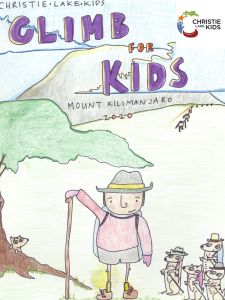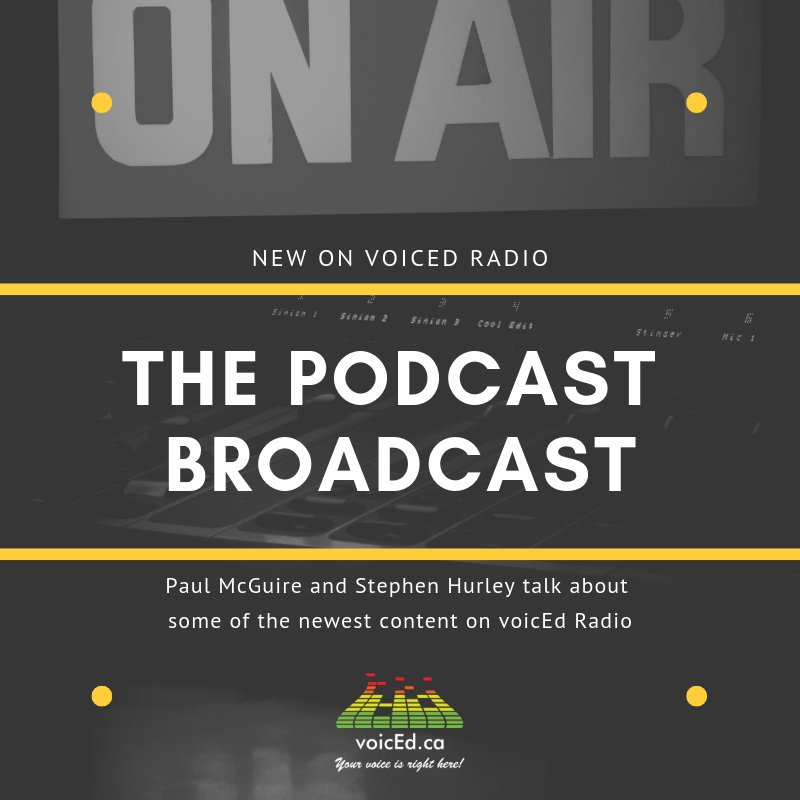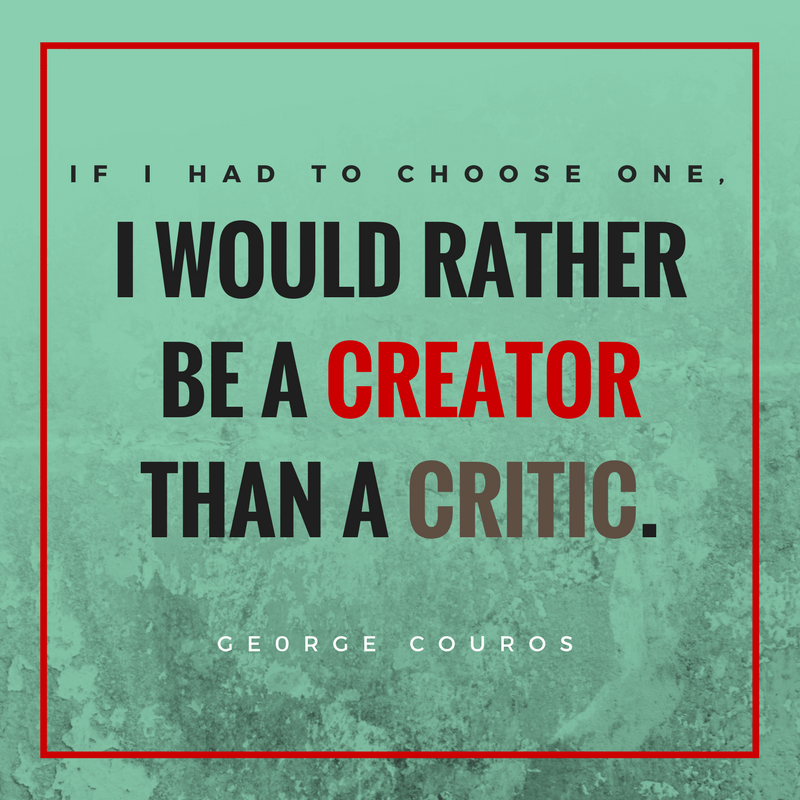I took a little break from podcasting and blogging in November. There are lots of things going on here that kept me away from my computer and it didn’t hurt to be away in Italy with our son Liam for two weeks.
Now I have a great reason for getting back to writing. I am preparing for another episode of the Podcast Broadcast with Stephen Hurley that will be on VoicEd Radio later this week. I have spent a few days combing through tracks and I think I am ready to go. This week, I am trying the thematic approach and we are focusing on podcasts about music.

So, I tried something different. I went into VoicEd Radio and did a search on music. I also sent a note to Stephen and asked him for podcasts on music. Together, we came up with some really interesting material. This shows that the ever-evolving database of VoicEd Radio podcasts is a great resource for educators no matter what you are teaching. Making the podcasts more searchable is something we will continue to work on.
So this week we will be looking at work by Gavin Foster, a music teacher from Belleville, the Bedley Brothers, Shane Lawrence, and Mark Carbone. They are all talking about music and education. Pretty ambitious for one podcast, but I have been away for around a month now, so I need to do some catching up.
When I moved to elementary, I found that one of the most important subjects was music. Generally, there was only one music teacher in the school and they had the responsibility to teach everyone in the building about music. In many cases, by grade 7 and 8, this might be the last formal music instruction students would get – ever.
When you think about this, it is a pretty immense responsibility.
We talk and write lots about math these days, especially in Ontario where math scores on EQAO have become a regional obsession. It would be great to step away for a while from the imbalance this is creating and look instead at how we are developing an appreciation for art in our schools.
I have to throw in at least one reference to our Roman holiday here. What endures now in the Eternal City is not so much the math that was done by ancient scholars but the beautiful artwork that still graces the city. Art is universal and it speaks to all of us at some level.
 art endures
art endures
Back to podcasts – Gavin Foster is new to podcasting and he is doing some really interesting reflections on his current teaching practices. This is important work – I think we need more teachers broadcasting about what is working and sometimes not working in their classrooms.
He starts out in a podcast entitled ‘Tech Fail’ by talking about a new program called BandLab and relates how he tries to set up one of his classes almost as they walk into the room. I can certainly relate to that, this is easily something I would do!
Although this first attempt doesn’t work too well, he persists and by the next podcast, Bandlab has become one of his teaching tools.
You can hear him here as he discusses how to develop a great reflection on the iconic Wreck of the Edmund Fitzgerald by Gordon Lightfoot.
I like how Gavin flips his classroom, it must be really great to be a student in his class. He is willing to try new types of technology and he readily shares what he is learning with others.
The next podcast is from the Bedley Brothers. Apart from the fact that they have the best intro for an education podcast, the brothers always have interesting guests and topics on their eclectic broadcast. In this one, the main topic is all about using music to engage students. The interviewee here is not a music teacher but uses music to keep his social studies students engaged.
Tal Thompson uses songs like Hall of Fame, by Script a song about confidence and being the best you can be. A pretty important message for kids to hear every day. He also uses current pop songs and changes the lyrics to fit the content. For example, what is the greatest break-up song ever? Taylor Swift, ‘We Are Never Ever Getting Back Together’ – sings America to King George. There must be a Canadian equivalent!
I never did this as a history teacher but as a principal, we always played a song over the PA at the end of the day on Fridays. This was a pretty cool thing to do – the kids loved it!
Music engages.
Shane Lawrence always does great interviews about the teaching life. This one is called – ‘Music for Rebels’ with Emily Langerholc. This is a great conversation and Emily is really entertaining. She has so much to say about teaching music, I could really listen to more from her. She has a great attitude and a terrific sense of humour!
This is from her blog masthead
Welcome! My name is Emily and I teach music. If you’re looking for teachable moments in popular music, you’re in the right place. Commentary and free teaching goodies are also included.
Content is available on the blog, which you can read here!
Teachable pop songs are listed & organized here!
I teach traditional ensemble music classes (band & chorus), but my after-school class materials are sponsored by Little Kids Rock.
To find out more about people all around the country (and world!) who are involved in Popular Music Education, I urge you to look into and join the Association of Popular Music Education, aka APME.
If you are so moved, you can support my writing/conference travel/etc. by buying me a coffee!
This blog is an amazing resource. If you are reading this and you know a music teacher please share this with them. I did already.
The podcast ranges all over the landscape of teaching music in elementary school. One part I found particularly interesting has to do with using pop music in the classroom. Her question is interesting – why would you not use the tool of popular music in the classroom. If you are teaching time signatures for example, why not challenge your students by betting if any song on the radio is in 4:4 time (she does this).
Finally, Stephen Hurley put me on to this podcast. It is by Mark Carbone and it can be found here on his blog. Soon it will be on VoicEd Radio and I will be certain to tag it under ‘music’.
This one really blew me away. It is an interview with former CBC broadcaster and Peabody Award Winner Jowi Taylor. We used to listen to Jowi Taylor on Saturday nights on CBC. He hosted a ground-breaking show called Global Village that was all about international music. It was a weekly tour around the world that actually encouraged travellers to record their own features that were later broadcast on the show. The show was cancelled in 2007 and there has been nothing like it since.
The interview with Mark is all about a current project by Jowi called ‘Six String Nation‘. It started while he was still hosting Global Village and it continues to this day.
The idea has a real nation-building quality to it. A guitar called Voyageur was constructed from 64 pieces of bone, metal, wood, stone and horn. It was constructed to act as a symbol of national unity and its contains pieces come from across the country.
Jowi describes the project here
This is pretty exciting stuff and it is really wonderful to hear the entirety of Mark’s interview. I took four clips from the 26-minute broadcast and I don’t know if I will get them all in, it is that good of a segment.
I will get in a short clip at the end of Mark’s podcast. Near the conclusion, Jowi’s challenges the audience (you) to help him come up with focused, coherent workshops for students in different grades. This is a great challenge and I hope this is something that VoicEd Radio will be involved in starting in 2019.
Here is the final clip
This would be a great way to truly integrate music, story-telling, art and country into a workshop – what a great opportunity!
This is lots for one podcast. We will see how far we get. Writing all this down is a sort of pledge to get it all done. I hope you listen to us – let’s see (or hear) how it goes!





























 opening workshop on the gradeless classroom at Edcamp Ottawa
opening workshop on the gradeless classroom at Edcamp Ottawa





 What I am finding now is that many of my conversations on Twitter involve members of the Voiced Radio community. Now I have talked to many of these educators or we have listened to their broadcasts. We have a closer connection through Stephen Hurley’s great education radio experiment.
What I am finding now is that many of my conversations on Twitter involve members of the Voiced Radio community. Now I have talked to many of these educators or we have listened to their broadcasts. We have a closer connection through Stephen Hurley’s great education radio experiment.

 These days, I have lots of time for reflection. This really helps with my writing and new ideas are coming all the time. Today, I found myself with my bike at the bottom of the stairs leading up to the top of Parliament Hill. The pathway is blocked due to construction so it was either up or back the way I came.
These days, I have lots of time for reflection. This really helps with my writing and new ideas are coming all the time. Today, I found myself with my bike at the bottom of the stairs leading up to the top of Parliament Hill. The pathway is blocked due to construction so it was either up or back the way I came.


